The concept of “small business” being damaged by increasing the progressive tax rates on what is purported to be them has not been presented correctly. Keith Olbermann did a pretty good job a couple of weeks ago, but since his show is necessarily fast paced, the point did not make its mark as well as it might have done so.
That is no criticism towards him, because he is one of the “good guys”, but on a TeeVee show there is just not time enough to examine all of the documents that need some detailed explanation. It he were to go into the detail that we are about to find, his show would be canceled for being extremely boring.
That is the one advantage that I have. I can show exactly where the fallacies lie, without the restriction of a three minute treatment. I will admit that he does indeed have a face for TeeVee, and I have one for blogs or radio.
Before embarking on what will be an extremely difficult read, let me tell you that I finished picking out the almost six pounds of clean hickory nut meats (none last year, crop failure), and collected enough persimmons for lots of excellent persimmon/hickory nut bread for the holidays. I give things like that away for treats to friends and family. I am still working on the black walnuts, some curing before cracking and picking, others awaiting to be husked.
With that said, let me allow that some folks do not think of economics as a “real” science. I tend to disagree to some extent, but will say that controlled experiments are extremely difficult to perform on a real economy, and the variables are impossible to separate. However, accounting is pretty cut and dried, and so is more like a “hard” science. I have focused on the latter, but mean no insult to economists. I hope that both professional economists and accountants will comment here. I am sure that I got a couple of minor details less that perfect, but unless I am very wrong, I believe that I got the gist of everything right. So, here we go!
The first fallacy is that “small business” is actually small business. The way that the government treats the matter, small businesses are defined as having only a few owners. That means that they are not issuing common stock that is available to the general public, regardless of the money that they control. I shall give you an example.
You see adverts all of the time for Pledge (the furniture polish), several room scent refreshers, and another plethora of consumer products. Many of those are manufactured (often in offshore places) by S.G. Johnson, “a family company”. Here is what that means.
This is a HUGE company that happens to be held by only a few private shareholders. It never trades in public, because the shares are closely held. The last figures that are available show that the sales for 2006 were around $7.5 billion. Yes, that is right, this “small” business had billions and billions of dollars in sales!
Yet it qualifies as a small business since it is owned by only a few people, even though there are around 12,000 people working for them. Now, when you see the Glade commercial and the little fold comes up from the lower right and the announcer says, “a family company”, you know that they mean that the profits are kept in the family and for a favored few others.
I am not going to condemn them very much, however. The firm tends to have fairly progressive views towards their employees, and has been rated fairly highly by several watchdog organizations for how they treat their folks. They also have been art patrons, and Frank Lloyd Wright was commissioned to design their headquarters building in Racine, WI. It is now on the National Resister of Historical Places. For those of you not familiar with it, Wright designed it to resemble the iconic floor wax can that contained their main product at the time.

Wright was really excellent. Ask me about the hotel in Tokyo.
My point is that a seven billion dollar plus firm qualifies as a “small business”. As Keith correctly pointed out the other night, this is not the idea that most people have about small businesses, and certainly not the one that the Republicans and the Fox “News” Network spin.
Let us look at how the current tax code and the proposed one where incomes over $250,000 would affect what is more commonly known as a small business. We shall make up one that would be familiar to most people.
To make my point, let us imagine that I operate Translator, MD as a sole proprietor. That means that I report my income on my individual income tax return, and any net profit is taxable income to me. Note that I said taxable income. Let us assume that I operate, say, a successful orthopaedic surgery practice, with my own minor surgery center and hospital privileges at two other locations, one a major hospital 10 miles from my office that I visit twice a day, six times a week, and another rural hospital where I practice once a week in an underserved location, 75 miles from my office.
Let us further assume that my firm grosses, say, an even $2 million in 2010, and that I pay myself a salary of $100,000 per year, whether or not I make a profit. I report the $100,000 on Line 7 of the Form 1040. Let us also say, for simplicity, that I have no interest, dividend, or capital gains income. I report the rest of my income on Line 12, after filling out Schedule C. To make the tax forms simpler, let us also assume that I do not sell any orthopaedic devices out of my office, but prescribe them for purchase elsewhere.
Let us make these further assumptions, which I do not believe are unreasonable:
- I spend $1,000 per month on average for TeeVee, radio, and telephone book advertising, for a total of $12,000.00.
- I drive my personal automobile from my office to the local hospital and to the remote one. That comes to 40 miles per day, six days a week (240 miles per week, or 12,480 miles per year) for the local hospital and 150 miles per week (7,800 miles per year) for the remote one, for a total of 20,280 miles per year. Note that I can not count the three miles each way to and from my office from my home. The rate for 2010 is $0.55 cents per mile, so I can write off $11,154 in legitimate mileage expenses.
- Everyone that works for me are real employees, not contract ones. I pay for their salaries, benefits, withholding taxes, and retirement.
- I have no depletion deductions. That would apply if I ran something like a coal mine that I owned.
- I do have depreciation expenses for both my office building and my equipment. Let us assume that the building itself is worth $1,000,000 and I carry a note on it. For this discussion, let us assume that this is 27.5 year property, and that I have another $1,000,000 in medical equipment and instruments and office equipment that are considered to be seven year properties. Assuming that I have owned both types of properties for one year, that comes to $1,000,000 times 3.636% or $3636 for the building and $1,000,000 times 24.49%, or $244,000 for the equipment, for a total of $247,636 in depreciation expenses.
- I have four employees (five if I include myself): a receptionist who is also a LPN, whom I pay a salary of $35,000 (I am generous), a registered nurse whom I pay a salary of $56,000, and two physical therapists whom I pay $42,000 each. In addition to their health insurance that I cover at 80%, I also allow $200 per employee to cover OTC medications or other health related needs. All that they have to do is bring receipts so that I can show that these benefits are health related. The health insurance averages me around $3,000 per employee, or $15,000 plus the $1,000 for other health related expenses. That totals $16,000.
- Due to the nature of my work, I have high malpractice insurance rates. Although I have never had a judgment against me, I still have to pay or face complete ruin if one were. Since I am an orthopaedic surgeon, the rates are pretty high. I shall use the figure of $200,000, based on GAO figures that are eight years old and extrapolating them. It might be higher or lower, but I think that this a fair figure.
- Since I own my facility, I can deduct the interest on the structure. Let us assume that my cost this year amounted to around $50,000 since I just bought it last year.
- I keep an attorney on retainer for $2,500 per month in case I am sued. This individual is also a CPA and reviews my tax statements. It is good thing that I keep her on retainer, because I was sued (both cases were thrown out of court) twice this year. That comes to $30,000.
- Office expenses (stationary, postage, printer ink, and other consumables) come to $500 per month. Since my receptionist does the work, I have already accounted (or will account) for his services. That comes to $6,000.
- I am generous with my employees. In addition to the payroll taxes, worker’s compensation, and FUTA that I am obligated to cover, I also contribute 10% of each of their salaries to a retirement fund. They do not have to match anything, but can in the Roth IRA or traditional IRA ones if they choose, or it can all go to a defined benefits plan. They are free to choose how to allocate how my matching funds are diverted. I include myself in the pool. That comes (based on the salaries give above) to 10% of $275,000, or $27,500 for the year.
- I do not rent or lease any significant automobile or other equipment.
- I have maintenance agreements on most of my major medical equipment. Since I am out of business if my X-ray unit goes out, I pay a premium for several items (including my backup generator) to get same day service and repair. This is critical for the business, and the agreements for all of my critical equipment costs $2,000 per month, coming to $24,000. Building maintenance is cheaper, averaging only about $100 per month (I personally change burnt out lights and other similar tasks). The total for the year comes to $25,200.
- Supplies for the medical part of the practice are expensive, since so many disposables are used these days. From disposable gloves to thermometer covers to syringes, those easily average $5,000 per month, for an annual cost of $60,000.
- The property taxes and medical license come to around $25,000 a year.
- I do travel, at least twice a year, to professional conferences. Often I present, but unless you are a plenary speaker, you have to cover all of your expenses. I try to make them coincide with mandatory continuing education requirements. I try to travel as economically as possible, but after airfare, hotel, taxi, and tips, it gets expensive. I generally budget $1,500 per trip for those expenses, for a total of $3,000, not counting meals. I eat pretty cheap, so for both trips I can eat for around $500, since I buy for my colleagues and they buy for me on a trade off basis. I never charge a bar tab to the business, except if it just happens to be a beer or a glass of wine with a meal. In that case, the alcohol is just as a beverage, and not for entertainment. The total for travel and meals comes to $3,500.
- It is expensive to run a medical practice from the point of view of utilities. Hot water, and lots of it, is required for sanitary reasons, and HVAC to keep patients comfortable in weather extremes is also necessary. Since I also have a surgical room, the HVAC with HEPA filters to keep pathogens out of the general atmosphere is also necessary, although in orthopaedic surgery one does not find that many seriously infected people (but it does happen). I also have to run autoclaves, X-ray equipment, and so forth. It costs around $2,000 per month, or around $24,000 per annum, an I am in low electricity cost area.
- Wages (or salaries in my case) are very expensive. Counting myself, before payroll and other required taxes and fees, it totals $275,000. I have to add another around 15.2% for myself, and around another 7.6% for FICA and Medicare for my employees, so it actually comes to more like $28,500. Counting that, the payroll costs me more like $303,500, not counting FUTA and worker’s compensation. Let us see what the total is now.
Adding the annual costs for each item above, we arrive at this figure for the cost of doing business (give or take a bit, since I have jiggled a few figures a little since running the numbers):
$1,031,490.00.
Now, I have assumed that my business had grossed $2,000,000 this year. That gives me a net income (not counting my $100,000 salary) of $968,510. If you count the $100,000 that I drew as a salary, it comes to $1,068,510. Not bad! Now, being an orthopaedic surgeon requires one to work around 100 hours per week, since there are more patients than can been seen during the regular office hours, and those emergency calls from the hospital when an automobile accident required ones services. Let us break down that net income (before any taxes, except for the required ones for my self paid salary) into dollars per hour.
At 100 hours per week, that comes to 5,200 hours per year. Dividing the $1,068,510 by 5,200, you get $205 plus change per hour. Personally, I think that it is a little light for a skilled surgeon, but that is just me. Plumbers make not much less than that, and I have never seen one of them do a procedure that allows someone with a blown out knee to walk again. Please do not get me wrong: I have a deep respect for the craft that plumbers have mastered. However, becoming a master plumber usually does not require a B.S. (four years), medical school (another four years, or more), an internship (two to four years), and a residency (another two to four years). Adding up the non income producing years, they come to eight, with only marginal income for the other eight. That amounts to 16 years, give or take, with very little income for the surgeon, and about 15 for at least some income for the plumber, and lots after the five or so years when the plumber becomes a master. But I digress.
Here is my real point. Let us look at my federal tax burden at theoretical income of $1,068,510 and at the current (the so called “Bush tax cut” rate) of 35% at the top marginal level. But wait! You have to use the tax rate tables in the instructions for it to make sense. Let us first use the 2009 rates (assuming that Congress extends the lower rates for everyone), then the 2011 ones assuming that the 39.6% rate resumes for anything over $250,000. Here is what you get, out of $1,068,510. This first set of numbers are taken verbatim from the 2009 Form 1040 Tax Rate Table (the 2010 one is not yet available). You must also realize that I have not included any personal exemptions nor deductions yet. Let us assume the following:
I am filing as single, have only my own personal exemption, and use the standard deduction. That reduces my taxable income from $1,068,510 to $1,060,377. In addition, I get a deduction for almost half of FICA up to around $120,000, or around 6.2% of it, around $7440. That reduces my taxable income to about $1,052,937.
Here is how my tax would then be figured:
Scenario 1: “Bush” tax rates are extended by the Congress
First $8,350 at 10% comes to $835.
Up to $33,950, the $835 plus 15% of the difference betwixt $33,950 and $8,350 ($25,600) or another $3840 (running total of $4,675).
Up to $82,250, the $4,675 plus 25% of the difference betwixt $82,250 and $33,950 ($48,300), or another $12,075 (running total of $16,750).
Up to $171,550, the $16,750 plus 28% of the difference betwixt $171,550 and $82,250 ($89,300), or another $25,004 (running total of $41,754)
Up to $372,950, the $41,754 plus 33% of the difference betwixt $372,950 and $171,550 ($201,400), or another $66,462 (running total of $108,216).
Up to my total taxable income of $1,052,937, the $108,216 plus 35% of the difference betwixt $1,052,937 and $372,950 ($679,987), or another $237,995 (running total of $346,211).
Thus, my total tax burden assuming that the Congress preserves the “Bush” tax cuts would be $346,211.
Now let us assume that the Congress has the guts to cap the “Bush” tax rates at $250,000 and the rate goes back to 39.6% of anything over that. My new tax bill would be:
Scenario 2: Congress requires that taxable income over $250,000 to be taxed at the old 39.6% rate
Just the same for up to the $171,550 bracket, or $41,754, plus
Up to $250,000, the $41,754 plus 33% the difference betwixt $250,000 and $171,550 ($78,450) or another $25,888 (running total of $67,642)
Up to my total taxable income of $1,052,937, the $67,642 plus 39.6% of the difference betwixt the $1,052,937 and $250,000 ($802,937), or another $317,963 (running total of $385,605).
Thus, with Congress having some guts, my tax bill would be $385,605.
This gives a difference for someone is my circumstances of $385,605 minus $346,211, or $39,394. Not even a lousy $40k more for someone with taxable income of over $1,000,000! As a matter of fact, the $39,394 amounts to only 3.7% increase in my tax bill, everything else equal!
I think that if I were making over a million dollars, free and clear before taxes, I could afford another 3.7% in income tax increase to help out the deficit. If the “compromise” position is taken and the Congress up the $250,000 to $1,000,000, my tax increase would amount to only around 39.6% minus 35% (4.6%) of $52,937, or only an extra $2,435 above that from the “Bush” tax rates!
Now we can begin to see the fallacy of all of the Republican talk about “the biggest tax increase in American history”. It is just false! For someone making over a million dollars of taxable income, as in the example, the difference is minuscule.
Now, let us consider the individual whom the Republicans really have in mind. Not a real small business owner with a taxable income of around $1 million, but their real friends who make, say, a taxable income of $20,000,000 per year. All of the figures are the same up to $372,950 as in Scenario 1, and after that, with the “Bush” rates intact give this:
Scenario 3: “Bush” rates intact, taxable income $20,000,000
The difference betwixt $20,000,000 and $372,950 ($19,627,050) at 35% gives the $108,216 plus another $6,869,468 to total $6,977,684. Contrast this with the taxes if Congress reimposed the 39.6% rate for anything over $250,000.
Scenario 4: Congress gets tough on multimillionaires
Now the tax bill is the same as for Scenario 2 up until $250,000 ($67,642) plus 39.6% of the difference betwixt $20,000,000 and $250,000 ($19,750,000), or another $7,821,000, for a total of $7,888,642.
Now we are getting somewhere. That difference is $910,994, but still pretty much painless for someone with a $20,000,000 taxable income. Now, let us say that a person has a taxable income of a billion dollars. We get these figures:
Scenario 5: “Bush” tax rates and a $1,000,000,000 taxable income.
This is identical to Scenario 3 up to the $108,216. Then take the difference betwixt $1,000,000,000 and $372,950 ($9,996,270,050) at a rate of 35%. That comes to an additional $349,869,468, for a total tax bill of $349,977,684. Compare this to the gutsy Congressional decision to tax all income over $250,000 at 39.6%
Scenario 6: Congress gets tough, income of one billion dollars
This is the same as Scenario 4 up to and including the tax of $67,642 for the first $250,000. The difference betwixt $1,000,000,000 and $250,000 ($999,750,000) at 39.6% comes to $395,901,000. The difference now is $45,923,316. You know, $46 million to someone who makes a billion dollars is really sort of chump change. When the math is done, that amounts to only a very small increase.
I believe that I have shown that the “biggest tax increase in American history” is nothing but a red herring (that phrase has an interesting origin, and I shall discuss it some day), and really has little effect on anyone at the upper end of the income level. I have intentionally focused on that level, because these folks are said to be the ones who create jobs. In my opinion, that is very much open to question.
Let us go back the the orthopaedic surgeon. With the higher rate on everything over $250,000, one could argue that adding a job would decrease taxable income significantly, so adding another person to the practice, if it could either profit or break even from contributing a new job might have beneficial tax consequences for the surgeon. At that level of income, $50,000 is somewhat significant.
But to the $20,000,000 or the $1,000,000,000 earner, $50,000 is no more than a 25 cent piece to you and me. Besides, those extremely high earners are not interested in putting money back into the general economy. They are more interested in investing it in items that provide the possibility of long term capital gains, and this is almost NEVER discussed on the TeeVee. At the risk of making this piece an eyelid dropper, I shall explain.
Under the current (“Bush”) tax code, short term capital gains (things that you buy and hold as an investment for one year or less) are taxed at your top marginal rate when you sell them. But long term capital gains (things held for over a year) are taxed at 15% regardless of regular income. This is an evil practice, and I will show you why presently. My thesis is that ALL capital gains should be taxed at the top marginal rate, and here is why.
Say the billion dollar earner wants to reduce her or his tax liability in later years. This individual is apt to buy things like art, gold, cheap real estate, vintage automobiles, and many other things that can be held for over a year before resale. Let us give an example.
Say that I earn multiple millions and still get the “Bush” top tax rate of 35%. I can cut my tax bill over half by buying things that I can sell after a year at a 15% rate. Why should I invest in jobs for other people? I can invest in long term capital items, quit my income producing work, and get a tax break. How do you think that Warren Buffet makes his money? He does not pay 35%, he pays 15%! On top of that, there is no FICA nor Medicare tax on capital gains.
Look at it this way. Say you make $75,000 before taxes annually. After FICA and Medicare, you take home $69,375 or so, before income tax. At that bracket, your federal income tax is around 22% of the original $75,000 less exemptions and the standard deduction (say that leaves $60,000), or around $13,200. Now your take home is only $56,175. Let us say that you are a fat cat and get a $75,000 long term capital gain.
After the 15% long term capital gain tax, you pocket $63,750! Thus, for the same income, the long term capital gain person gets $7,575 more for doing nothing but buying and selling than the working person gets for actual contributions to the economy!
There are many more things to be said, but this is getting too long as it is. Just be aware that “small business” is not necessarily small, and often is not. The politicians who argue that increasing the tax rate for folks who make over $250,000 will hurt real small businesses are “touching your junk”, and they KNOW it. Let us just have one more scenario. This is our one billion dollar earner whose earnings are all long term capital gains (and most people who earn that much get their money that way.
Scenario 7: $1,000,000,000 with long term capital gains versus gains taxed at the top marginal rate.
At the top marginal rate, even if the Congress caves, gives a tax bill of
$349,977,684 at the 35% marginal rate. Now, with the current long term capital tax rate of 15%, that bill is now $150,000,000. That is a difference of $199,977,684, almost $200 millions, that is more the reality than most people would like to believe.
The marginal tax rates are really misleading. The long term capital gains rates are the real budget busters in our economy. Unless we revise them to reflect the marginal tax rates, either the “Bush” ones or others, the very rich will continue to invest in things that do not help the economy, and I challenge an economist to refute that statement.
I should stop now, but I am far from finished. I would like some CPA types and professional economists to show me where I am incorrect, and also to reinforce the little known parts where I point out little known aspects of our very obscure and special interest favoring tax code.
Well, you have done it AGAIN! You have wasted many einsteins of otherwise perfectly good photons to read this very difficult material. I apologize for being so thick, but this is really important. I am not an economist, but I play one on the blogosphere! Actually, the study of economics is not as hard a science as physics, chemistry, or even biology is, because it is near impossible to conduct controlled experiments. On the other hand, accounting is pretty scientific, and I tried to stick with the accounting aspects rather than the “what if” considerations of fiscal and tax policy.
And even though Sarah Palin stops protesting too much about “leaks” from her upcoming “book” when she reads (can she do that?) me say it, I always learn much more than I could possibly hope to teach by writing this series, so please keep those comments, questions, corrections, and other thoughts coming. Remember, no scientific or technical issue is off topic here.
I shall hang around for how ever long it takes to respond to comments during Comment Time tonight, and shall visit tomorrow after Keith for Review Time. If you can not think of a question right now, sleep on it and I shall return.
Warmest regards,
Doc
Crossposted at Docudharma.com and at Dailykos.com
 On this day in 1990, Margaret Thatcher, the first woman prime minister in British history, announces her resignation after 11 years in Britain’s top office.
On this day in 1990, Margaret Thatcher, the first woman prime minister in British history, announces her resignation after 11 years in Britain’s top office.
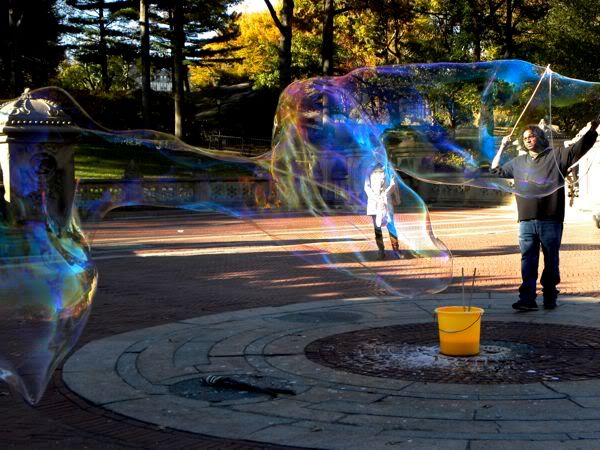

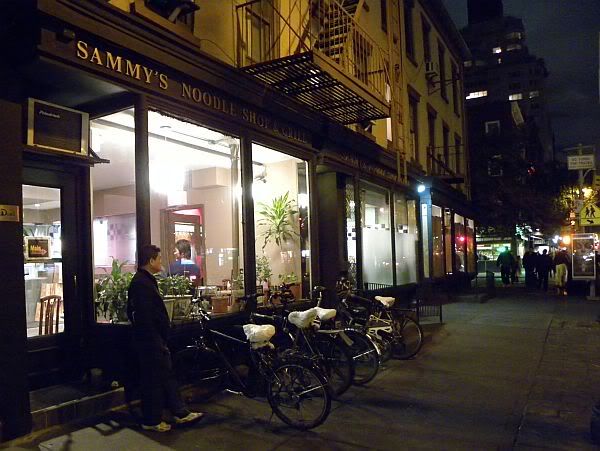


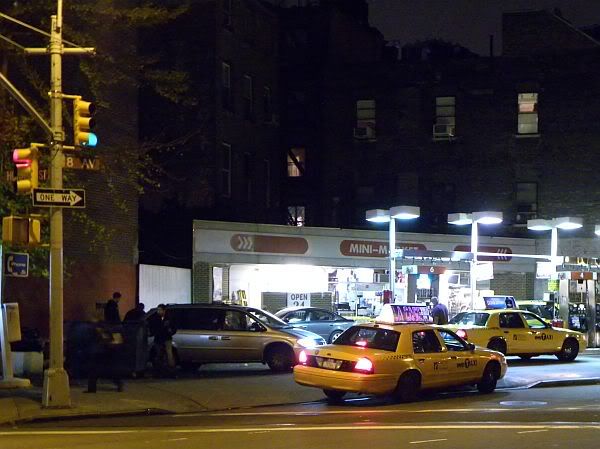
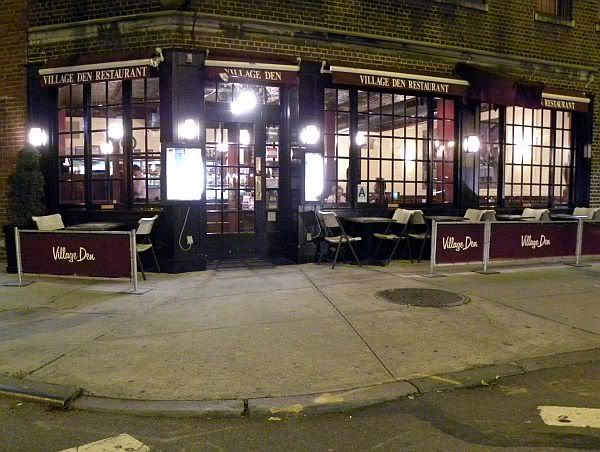

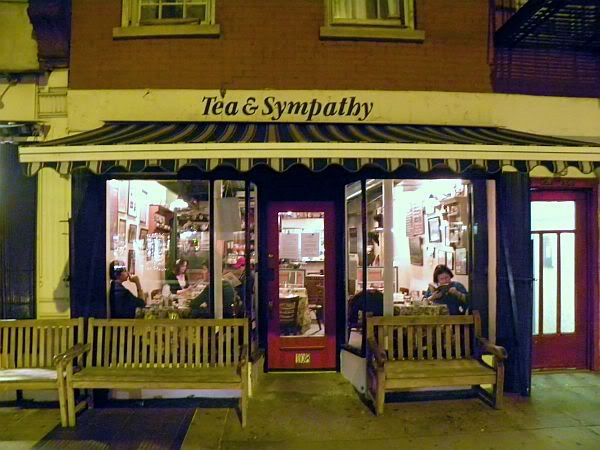
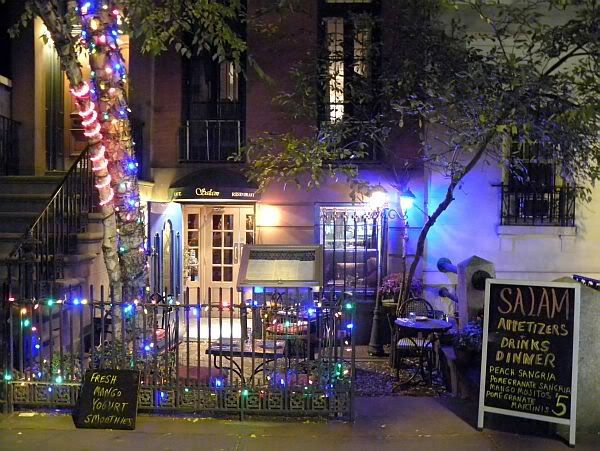
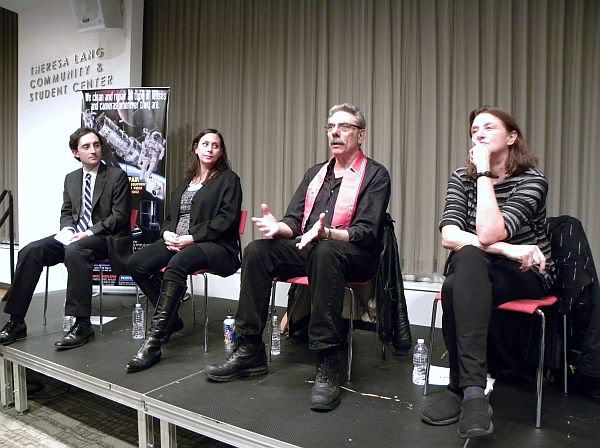


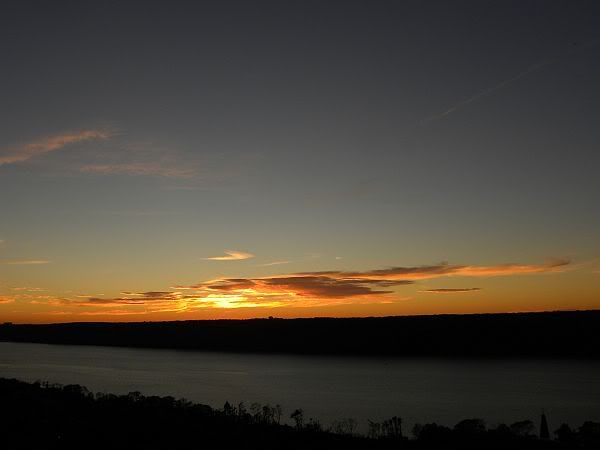







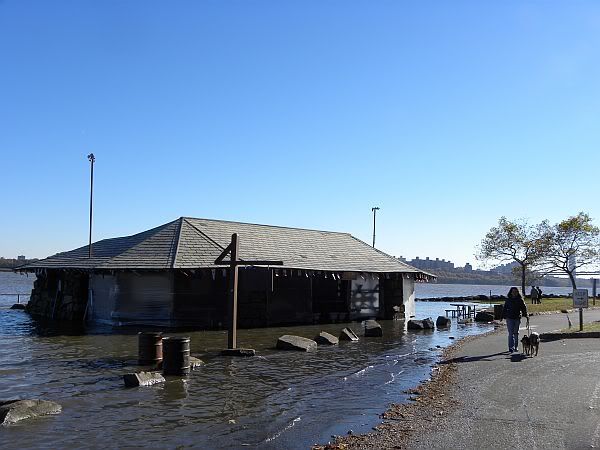






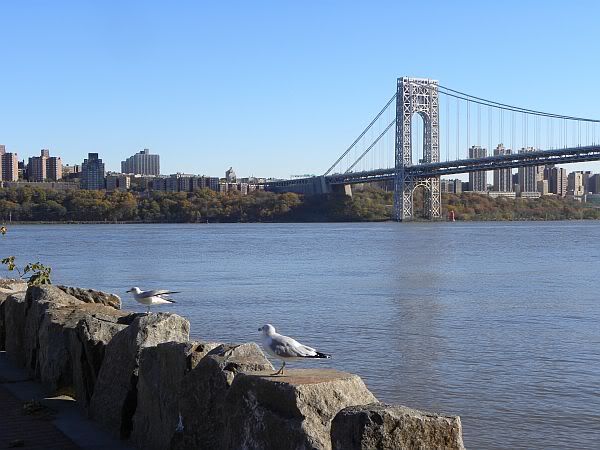

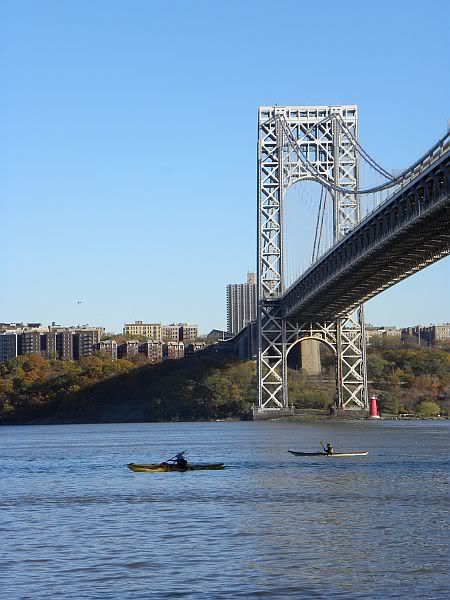

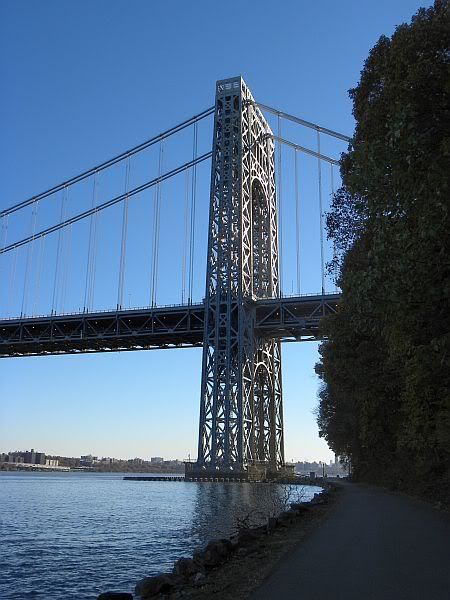
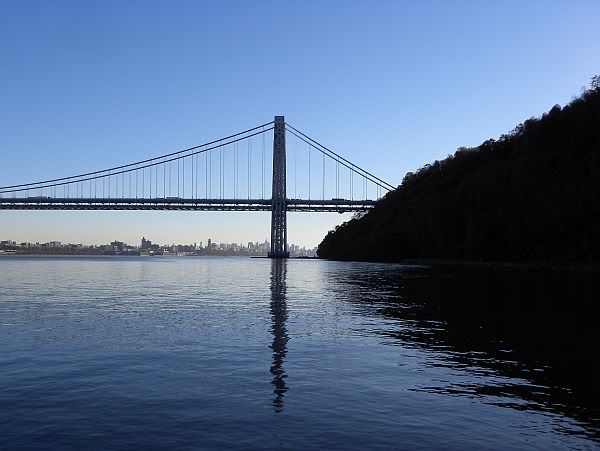





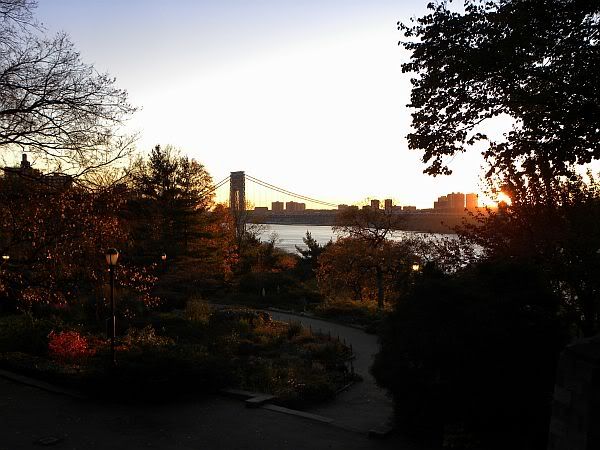



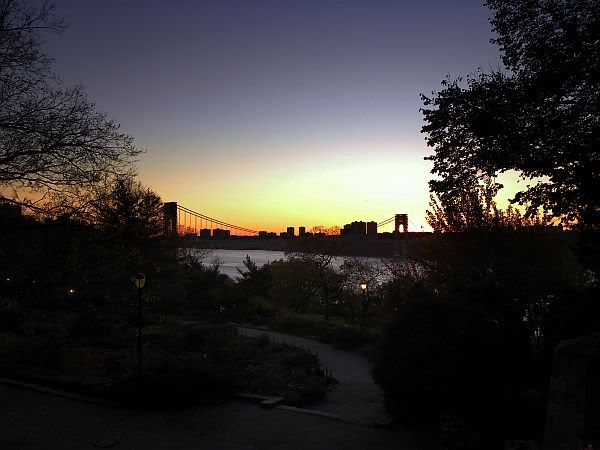
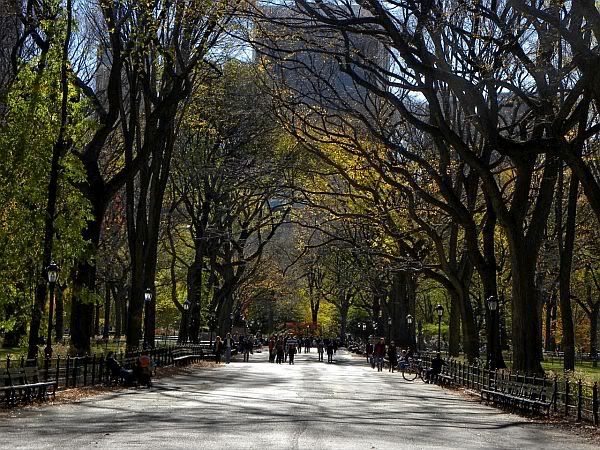










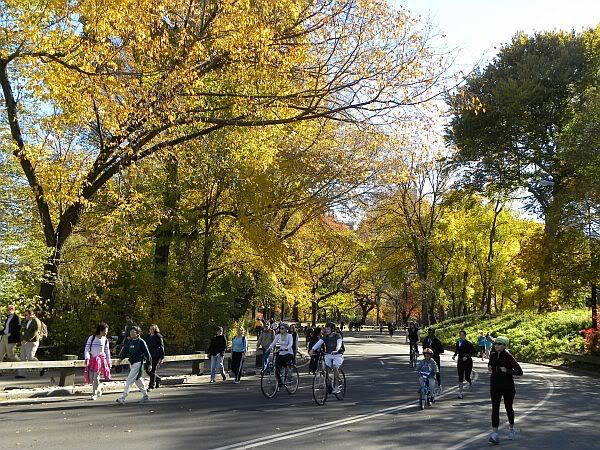






















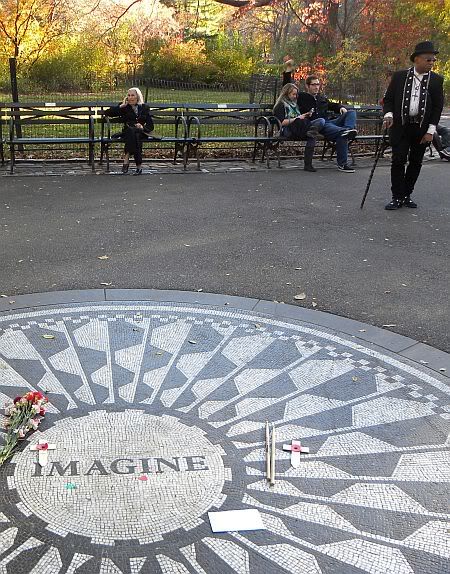
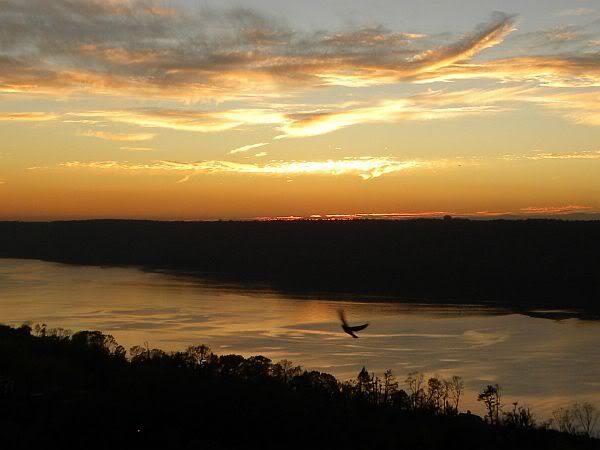

Recent Comments